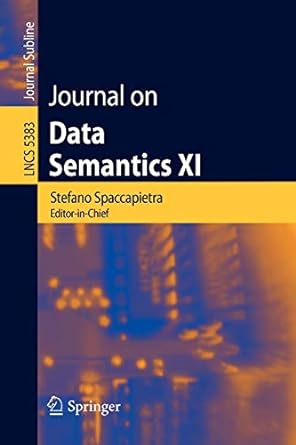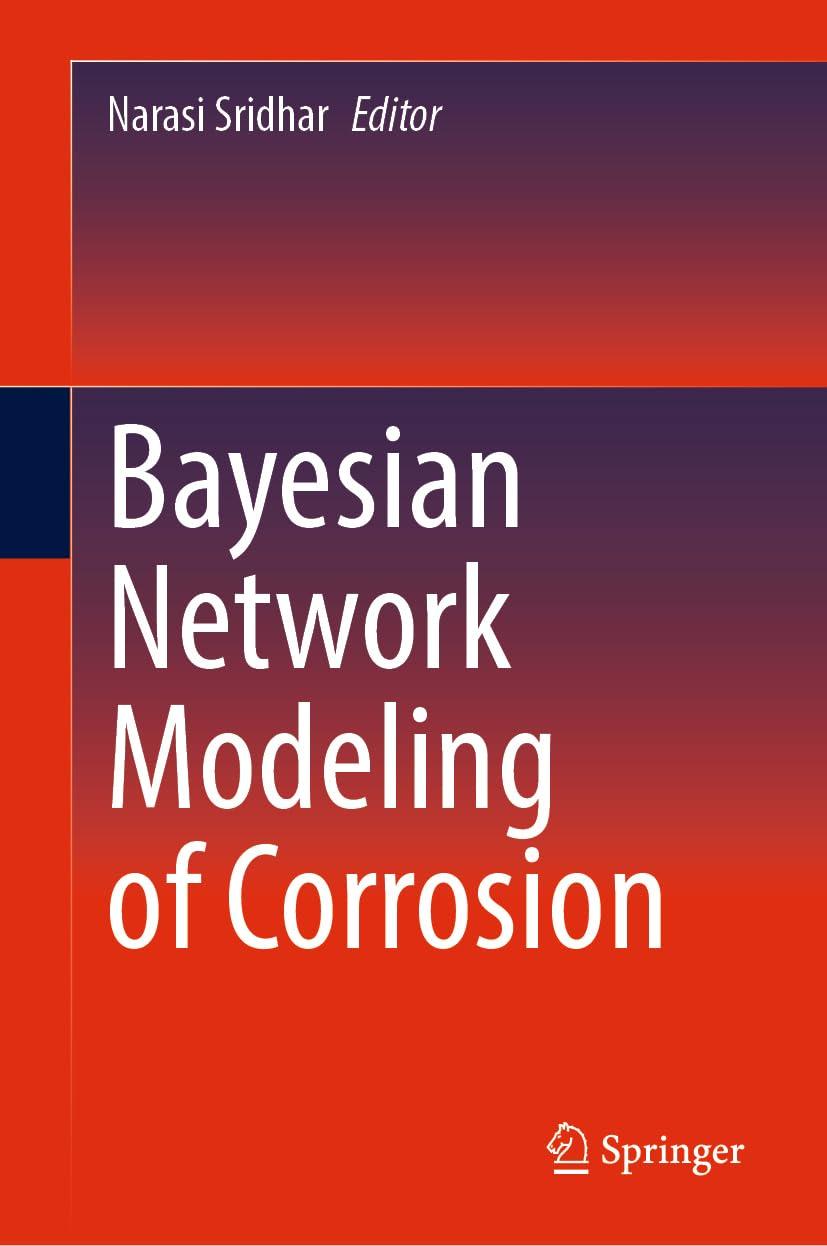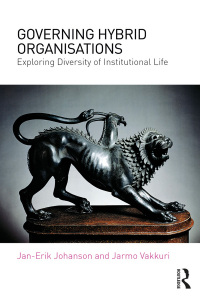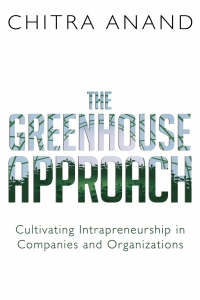Go back


Journal On Data Semantics XI(2008 Edition)
Authors:
Stefano Spaccapietra

Cover Type:Hardcover
Condition:Used
In Stock
Shipment time
Expected shipping within 2 DaysPopular items with books
Access to 30 Million+ solutions
Free ✝
Ask 50 Questions from expert
AI-Powered Answers
✝ 7 days-trial
Total Price:
$0
List Price: $45.25
Savings: $45.25(100%)
Book details
ISBN: 3540921478, 978-3540921479
Book publisher: Springer
Get your hands on the best-selling book Journal On Data Semantics XI 2008 Edition for free. Feed your curiosity and let your imagination soar with the best stories coming out to you without hefty price tags. Browse SolutionInn to discover a treasure trove of fiction and non-fiction books where every page leads the reader to an undiscovered world. Start your literary adventure right away and also enjoy free shipping of these complimentary books to your door.
Book Summary: Papers were invited based on their quality, relevance and significance, and the - ability of extending their results. Extended versions prepared by authors were subject to the traditional two-round scholarly review process, and the authors were required to respond to all concerns expressed by the reviewers before papers were accepted. Eight papers were eventually accepted for publication in this issue. The selection of SWESE best papers eventually resulted in the acceptance of two papers. The first paper “Experiences in the Design of Semantic Services Using Web En- neering Methods and Tools,” by Brambilla, Ceri, Celino, Cerizza, Della Valle, Facca, Turati, and Tzviskou, shows how classical software engineering methods (such as formal business process development and automatic code generation) combine with semantic methods and tools (i.e., ontology engineering, semantic service annotation and discovery) to forge a new approach to software development for the Semantic Web. In the paper, the authors present their experience in the participation to the - mantic Web Service Challenge 2006, where the proposed approach achieved very good results in solving the proposed problems. The second paper “Automatically Generated Model Transformations Using Ont- ogy Engineering Space,” by Roser and Bauer, presents an approach to using the - mantic technologies to improve cross-organizational modeling by automated gene- tion of model transformations. By automated generation of mappings it offers new possibilities for the integration of domain specific languages and ‘legacy’ models in a plug&play manner, making it easier for new organizations to join collaborations.
Customers also bought these books
Frequently Bought Together
Top Reviews for Books
Vincent Ip
( 5 )
"Delivery was considerably fast, and the book I received was in a good condition."










